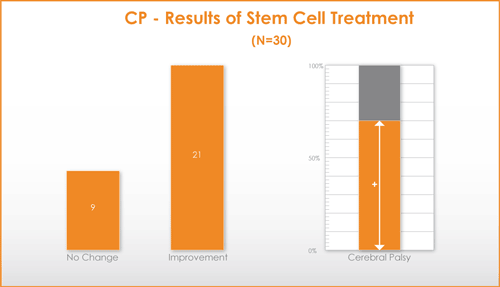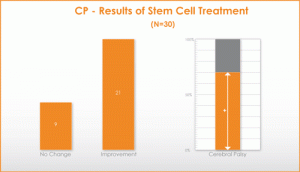Stem Cell Treatments in Europe – Are They Real?

Share
It's hard to get a good grasp on the quality of stem cell treatments in the world. There are so many treatments centers which are frauds that picking out the one or two that my actually be practicing good medicine is difficult. The XCell Center based in Dusseldorf and Cologne, Germany seems like it just might be legitimate. Since August 2007 they claim to have treated more than 1600 patients, and to have obtained the first private license for stem cell treatments. If their claims are true, they would be one of the few places in the world where you can receive quality health care involving stem cells.

XCell does use an approach to stem cell treatments that has proven effective in Brazil for diabetes, and in the U.S...for horses and dogs. Autologous treatments (where adult stem cells are removed from the body, isolated, then re-inserted elsewhere in the body) have seen good results in major medical journals. By extracting adult stem cells from the bone marrow of the hip, XCell says that it can help cure a huge range of human degenerative diseases including: diabetes, stroke, MS, ALS, spinal injury, Alzheimer's, Parkinson's, arthritis, heart damage, eye disease, neuropathy, incontinence, and autism. XCell's success rate is supposedly 30/30/30. That is, roughly one third of patients will see no positive results, one third will see moderate results, and one third will see excellent results.
So, do you believe them? That's really the question. All the incidentals check out. They have a nice website, their advisory board and physicians pass a quick Internet inspection, they have plenty of patient testimonials, and they've even won an award. The problem is that this information can only verify XCell Center's sincerity, not its results. At just two years of treatments it's still too early for them to release a definitive report documenting their success for each disease, but they have released information on cerebral palsy and spinal cord injury.
Be Part of the Future
Sign up to receive top stories about groundbreaking technologies and visionary thinkers from SingularityHub.



I'm inclined to believe the statements made by XCell Center because their success rate seems plausible, their kind of treatment has been proven effective in similar cases, and Germany's regulations and restrictions are considerable. That being said, I'm not in need of an expensive stem cell treatment, and don't have to decide if it's worth the (reportedly) tens of thousands of dollars it costs to travel to Cologne and be treated by XCell. If it helps, you can watch the documentary style video here to see the clinic for yourself. Even if XCell's treatments work exactly as they say they do, a patient would still have to weigh the possibility that they could fall under into the one-third that see no improvements.
Certainly stem cells are one day going to play a part in major medical treatments, and we've already seen verified results with diabetes, nephritis, heart disease, and corneal blindness. If XCell truly is one of the pioneers of stem cell treatments, I applaud their work. A 60% success rate in any field of medicine is truly remarkable (and agrees with earlier published findings). As stem cell treatments move out of the research lab and into the clinic, the possibilities of receiving legitimate cures are rising. They may be here already.
Related Articles

Single Injection Transforms the Immune System Into a Cancer-Killing Machine

This Light-Powered AI Chip Is 100x Faster Than a Top Nvidia GPU

This Week’s Awesome Tech Stories From Around the Web (Through December 20)
What we’re reading